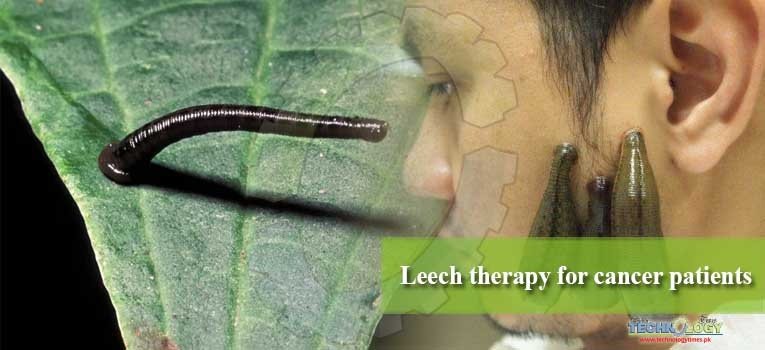Leech Therapy: Hematophagous animals including leeches have been known to possess biologically active compounds in their secretions, especially in their saliva.
 The blood-sucking annelids, leeches have been used for therapeutic purposes since the beginning of civilization. Ancient Egyptian, Indian, Greek and Arab physicians used leeches for a wide range of diseases.
The blood-sucking annelids, leeches have been used for therapeutic purposes since the beginning of civilization. Ancient Egyptian, Indian, Greek and Arab physicians used leeches for a wide range of diseases.
Starting from the conventional use for bleeding to systemic ailments, such as skin diseases, nervous system abnormalities, urinary and reproductive system problems, inflammation, and dental problems.
Recently, extensive researches on leech saliva unveiled the presence of a variety of bioactive peptides and proteins involving antithrombin (hirudin, bufrudin), antiplatelet (calin, saratin), factor Xa inhibitors (lefaxin), antibacterial (theromacin, theromyzin) and others.
Consequently, leech has made a comeback as a new remedy for many chronic and life-threatening abnormalities, such as cardiovascular problems, cancer, metastasis, and infectious diseases.
In the 20thcentury, leech therapy has established itself in plastic and microsurgery as a protective tool against venous congestion and served to salvage the replanted digits and flaps.
Many clinics for plastic surgery all over the world started to use leeches for cosmetic purposes. Despite the efficacious properties of leech therapy, the safety, and complications of leeching are still controversial.
Cancer Treatment
Cancer treatments using leech therapy is being because of the platelet inhibitors and special enzymes contained in leech saliva. While people with certain blood cancers are not advised to use leech therapy, it has been shown to slow the effects of lung cancer. Animal testing also shows that directly injecting leech saliva into mice helps prevent the colonization of cancer cells.
Authors: Muhammad Shafi Hasni, Muhammad Kasib Khan, Muhammad Nadeem, Zaheer Abbas
- Department of Parasitology, University of Agriculture Faisalabad-Pakistan